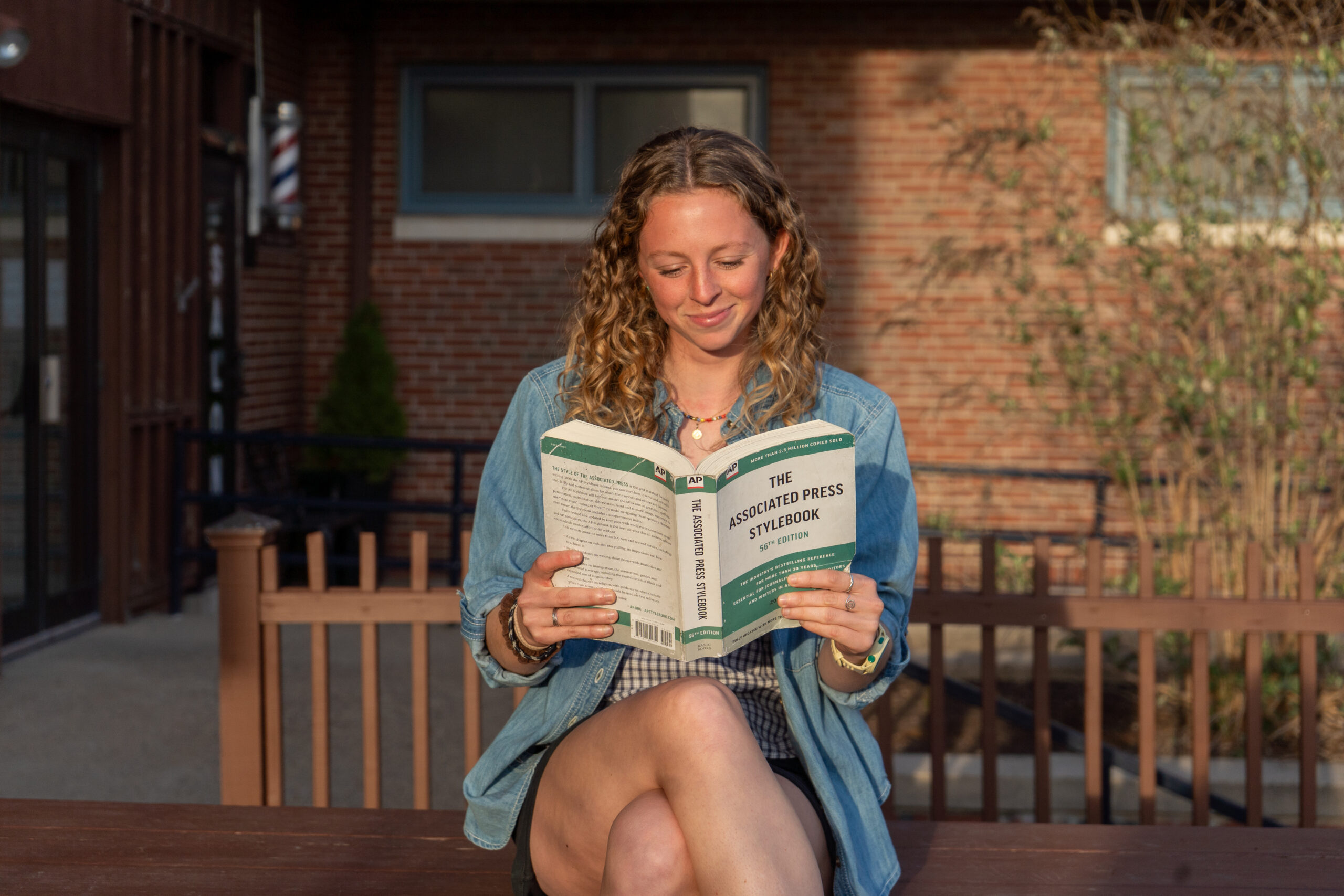My friend, Evan, overdosed in 2016. He died a couple of months shy of his 21st birthday. I know because his birthday was only two days before mine.
Evan was a great person. His warm heart made everyone smile, and his relentless love for Nicki Minaj was always the topic of conversation. A drug that could fit in the palm of his hand brought him to his knees and ultimately took his life.
It was not the weight of a four-thousand pound car crushing you. It was not due to stab wounds or gun-shots. It was due to addiction, a disease of the mind. Opioid addiction has taken the country by storm in the past couple of years. I remember writing an article about it the summer of 2016. Calling it a disease is controversial, since many people feel that calling it a disease takes the accountability away from people with addiction and takes the blame off them.
This is simply not the case.
I wrote an article on the science of addiction, and what it does to the brain for The Odyssey Online for URI. If there was more awareness on how opioids change your brain chemistry, people would probably have less hesitation calling it a disease.
According to the National Institute on Drug Abuse, the number of narcan prescriptions have increased substantially, and it is being used nationwide to combat the crisis. Although the problem is getting better since more lives are being saved with Narcan, many people are still dying and it does not help that many do not fully understand addiction still, and often judge people for their substance abuse issues. I have a huge problem with this, since I knew wonderful people who had addictions. There are so many negative stereotypes associated with people with addiction, and they are just simply not true.
New England’s opioid crisis is especially bad compared to other regions in the U.S. Many people in college experiment with drugs like alcohol, but for some, it becomes a bigger problem.
Evan left behind a loving mother and sister who would’ve done anything to help him, and did. Unfortunately, addiction is difficult to treat, but most certainly not impossible. I want people to know Evan’s story and know the horrors of addiction. It didn’t mean Evan was a bad person. Evan was one of the kindest people I knew, and I think about him every day.
The world would be a better place if people understood more about addiction as it pertains to the brain. It is not an easy thing to overcome, but it can be done. It is too late for Evan, but I want people to know that just because he was a person with addiction, that is not all he was. He is remembered for the amazing person he was. He was not perfect, but the thing about Evan was that he had never claimed to be.
If you are struggling, go to the Counseling Center located in Roosevelt Hall. They have support groups for depression and anxiety, two mental health issues that can contribute to substance abuse issues and can refer you to amazing treatment centers off-campus. Please do not hesitate to go by there and see what they are all about! The best part? The services come with your tuition – so it’s free! Your life is worth so much more than you might think.



